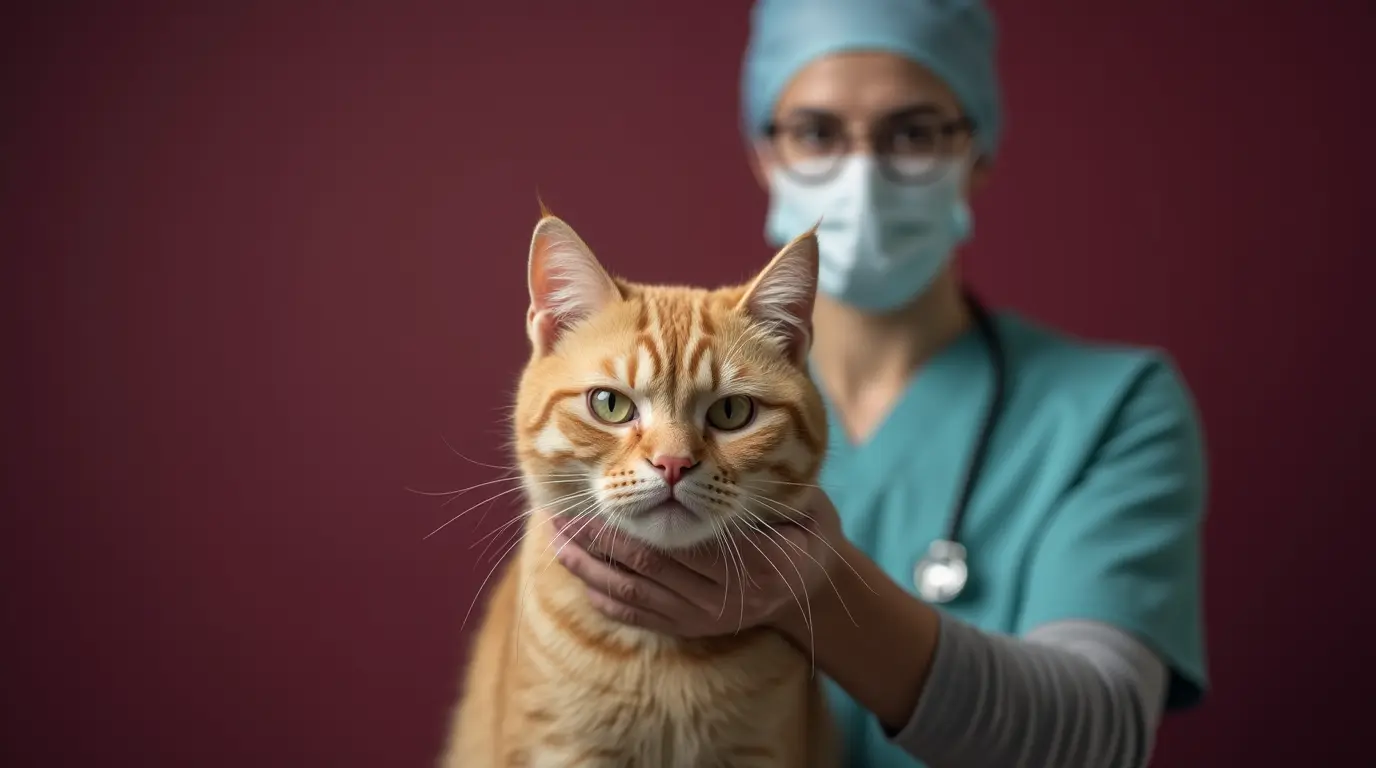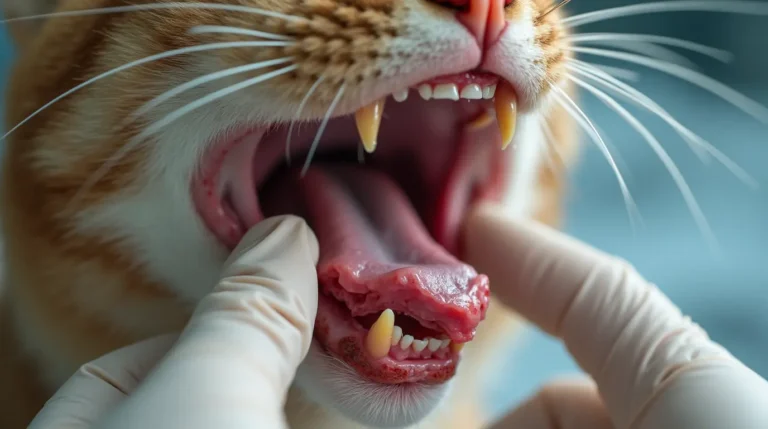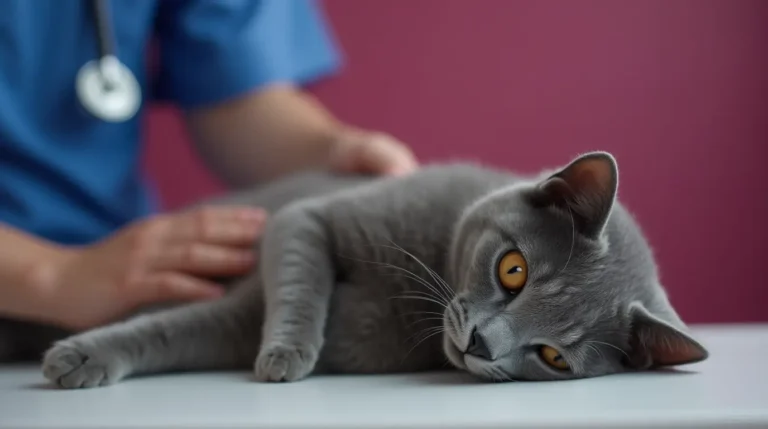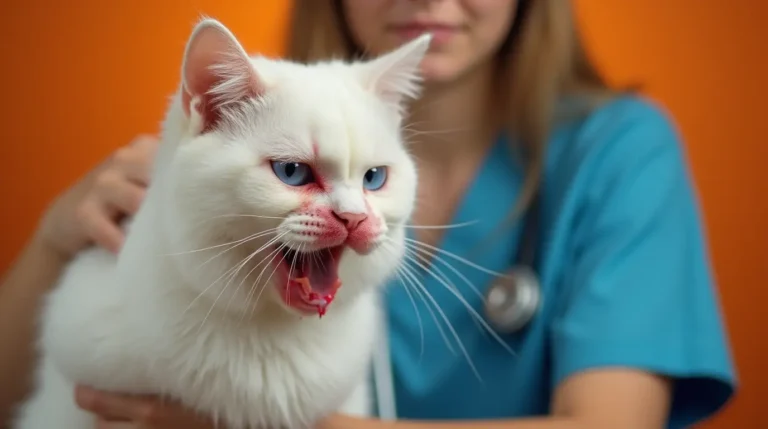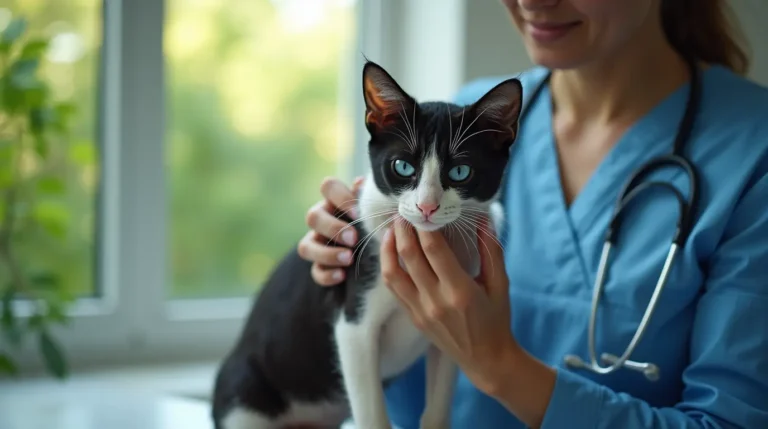Discover crucial insights about Feline Immunodeficiency Virus FIV: transmission, symptoms, management, and essential care tips for cat owners.
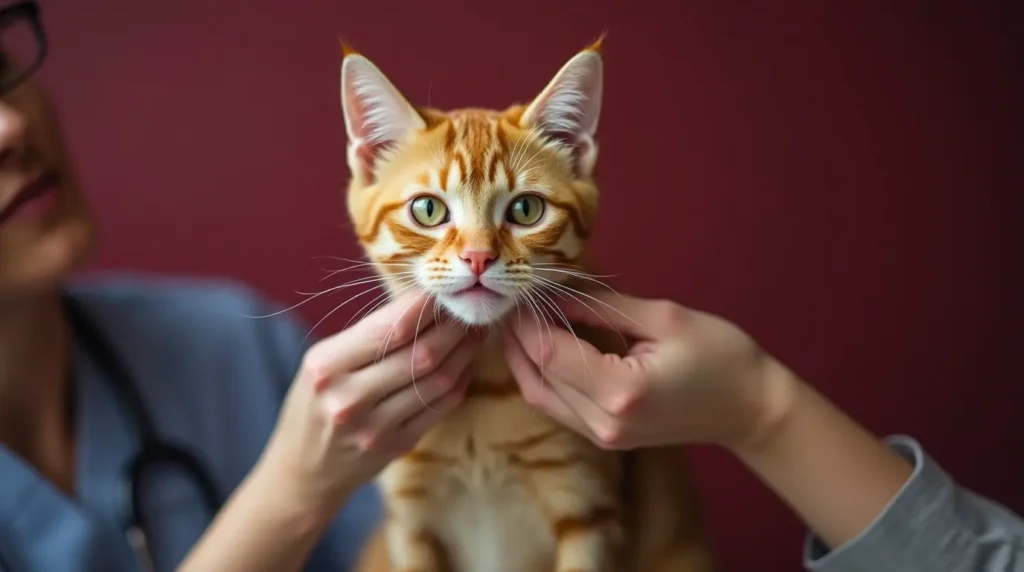
Table of Contents
Feline Immunodeficiency Virus FIV is a complex and often misunderstood condition that can significantly impact a cat’s health and well-being. As a responsible cat owner, understanding this viral infection is crucial for providing the best possible care for your feline companion. Just as HIV affects humans, FIV weakens a cat’s immune system, making them more susceptible to various health challenges.
In this comprehensive guide, we’ll explore six critical facts about Feline Immunodeficiency Virus that every cat owner should know, helping you recognize, manage, and support cats living with this condition.
What is Feline Immunodeficiency Virus FIV?
Understanding the Basics of FIV
Feline Immunodeficiency Virus FIV is a slow-progressing retroviral infection that attacks a cat’s immune system. Similar to HIV in humans, FIV gradually compromises the body’s ability to fight off infections and diseases. The virus specifically targets white blood cells, particularly T-cells, which are critical for maintaining a healthy immune response.
Key Characteristics of FIV
- Primarily affects domestic cats
- Transmitted mostly through deep bite wounds
- Can take years to show significant symptoms
- Not easily spread through casual contact
Fact 1: Transmission and Risk Factors
How FIV Spreads
Contrary to popular belief, FIV is not as easily transmitted as many cat owners fear. The primary mode of transmission is through:
- Deep bite wounds during aggressive fights
- Rarely through breeding
- Potentially from mother to kittens during pregnancy or nursing
Transmission Risk Profile
| Risk Factor | Transmission Likelihood |
| Deep bite wounds | High |
| Casual contact | Very Low |
| Sharing food/water | Extremely Low |
| Grooming | Negligible |
High-Risk Cat Populations
- Unneutered male cats
- Outdoor cats with territorial behaviors
- Cats in multi-cat households with aggressive dynamics
Fact 2: Symptoms and Progression
Stages of FIV Infection
- Acute Phase (Initial Infection)
- Mild fever
- Temporary lymph node swelling
- Potentially asymptomatic
- Asymptomatic Phase
- Can last months to years
- No visible health complications
- Normal appearance and behavior
- Chronic Immunodeficiency Phase
- Gradual immune system deterioration
- Increased susceptibility to secondary infections
- Potential development of chronic conditions
Common Symptoms to Monitor
- Persistent fever
- Weight loss
- Recurring infections
- Dental disease
- Skin problems
- Neurological changes
Fact 3: Diagnosis and Testing
Diagnostic Methods
- ELISA (Enzyme-Linked Immunosorbent Assay) Test
- Initial screening method
- Detects FIV antibodies
- Can be performed at veterinary clinics
- Western Blot Test
- Confirmatory test
- More specific and accurate
- Recommended after initial positive ELISA result
When to Test
- Before introducing a new cat to household
- After potential high-risk exposure
- During routine health check-ups
- If symptoms suggest immune system compromise
Fact 4: Treatment and Management
Comprehensive Care Approach
While there’s no cure for FIV, effective management can significantly improve a cat’s quality of life:
- Regular veterinary check-ups
- Maintaining a balanced, nutritious diet
- Minimizing stress
- Prompt treatment of secondary infections
- Keeping cats indoors to reduce exposure risks
Supportive Treatments
- Antiviral medications
- Immune system boosters
- Specific treatments for secondary infections
- Nutritional supplements
Fact 5: Living with an FIV-Positive Cat
Practical Care Strategies
- Create a stress-free environment
- Maintain strict hygiene
- Provide high-quality, balanced nutrition
- Regular veterinary monitoring
- Separate from non-infected cats if possible
Lifestyle Modifications
- Indoor living
- Controlled social interactions
- Reduced exposure to potential pathogens
- Regular grooming and health monitoring
Fact 6: Prognosis and Life Expectancy
Long-Term Outlook
Contrary to past beliefs, FIV-positive cats can live relatively normal, comfortable lives:
- Average lifespan: 5-10 years post-diagnosis
- Many cats live comfortably with proper management
- Quality of life depends on early detection and consistent care
Recommended Pet Products on Amazon
- High-Protein Cat Food for Immune Support
- Stress-Reduction Calming Diffuser
- Veterinarian-Approved Immune Supplement
- Indoor Cat Enrichment Toys
Feline Immunodeficiency Virus (FAQ)
Q1: Can FIV be transmitted to humans? A: No, FIV is species-specific and cannot infect humans.
Q2: Should I euthanize an FIV-positive cat? A: No, many FIV-positive cats live long, fulfilling lives with proper care.
Q3: Can FIV-positive and FIV-negative cats live together? A: With careful management and minimal aggressive interactions, cohabitation is possible.
Conclusion
Understanding Feline Immunodeficiency Virus FIV empowers cat owners to provide compassionate, informed care. While an FIV diagnosis can seem overwhelming, with proper management, love, and veterinary support, affected cats can enjoy a good quality of life.
Share Your Experience: Have you cared for an FIV-positive cat? We’d love to hear your story and insights in the comments below!
Explore More Pet Care Tips
Visit BlithePet for expert recommendations and comprehensive guides on feline health and wellness.

